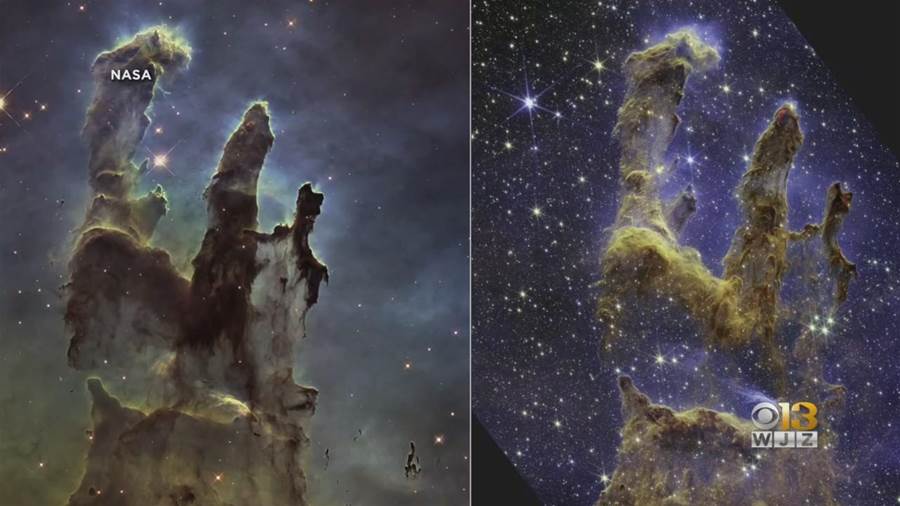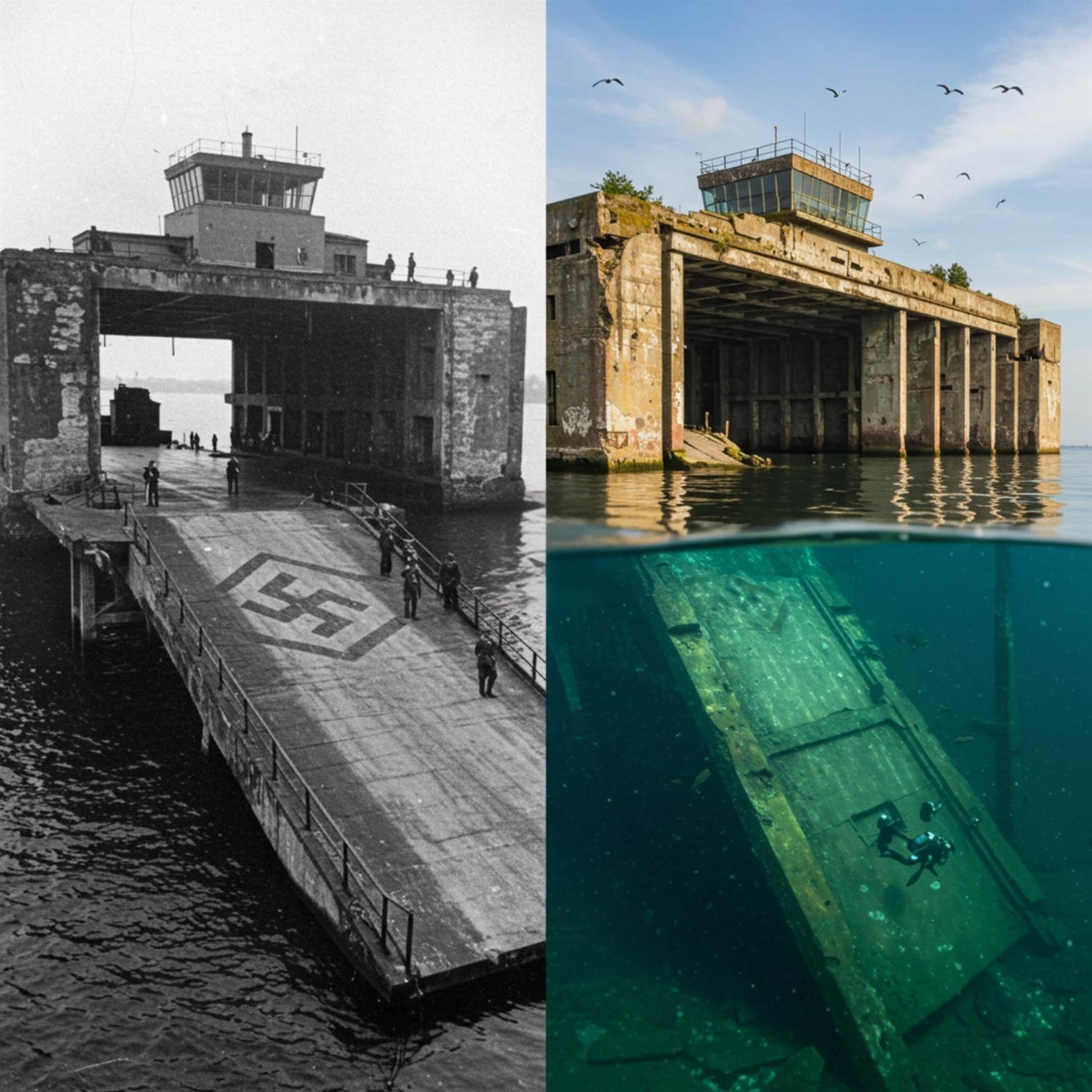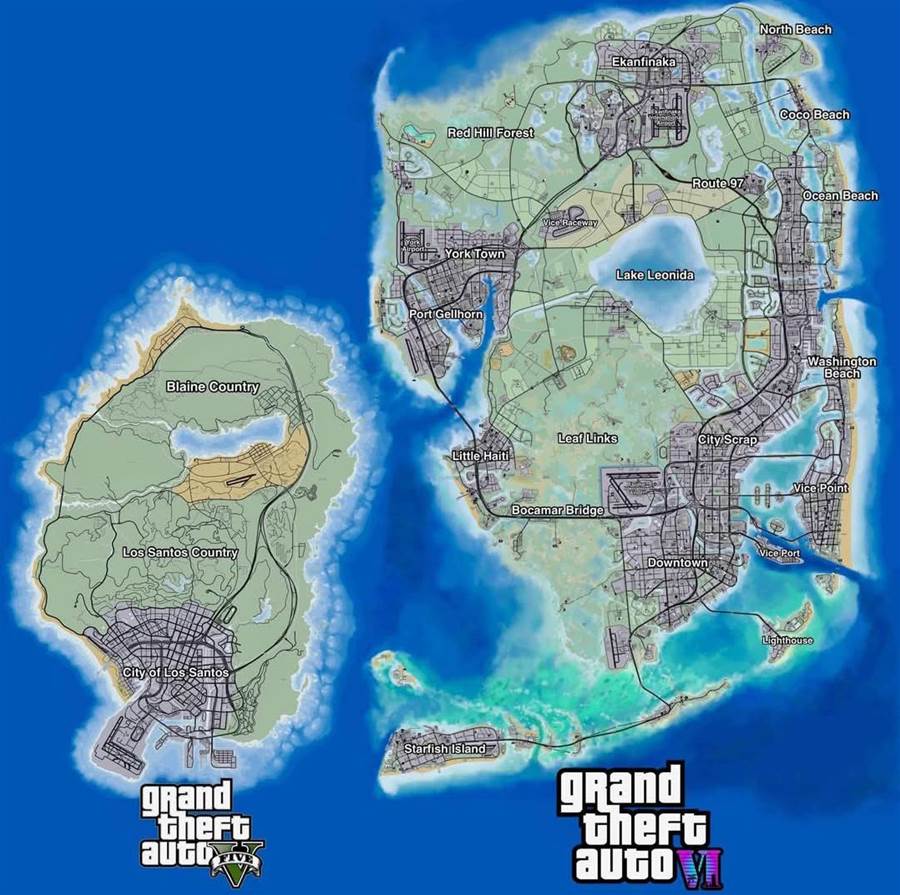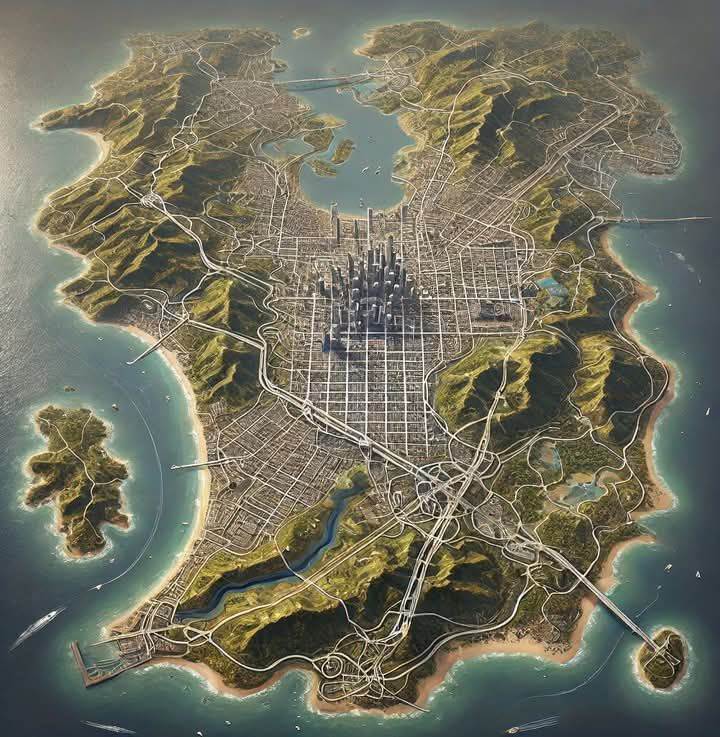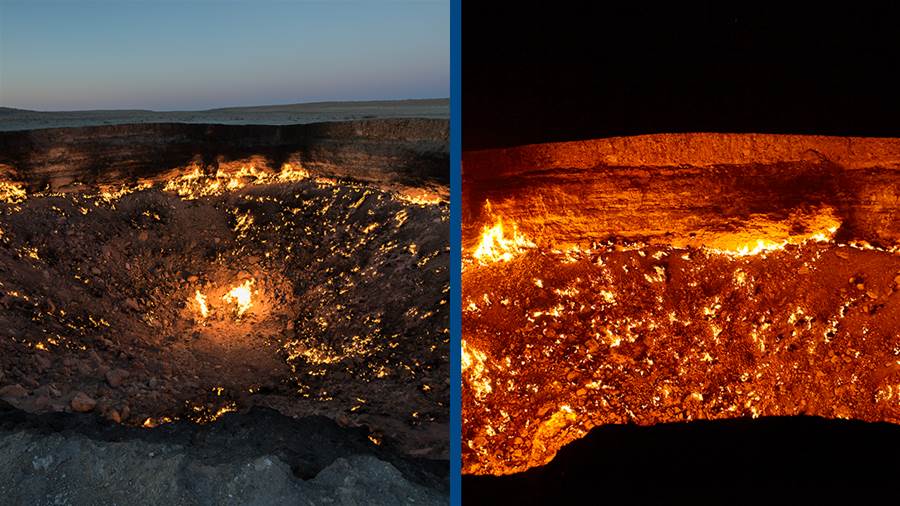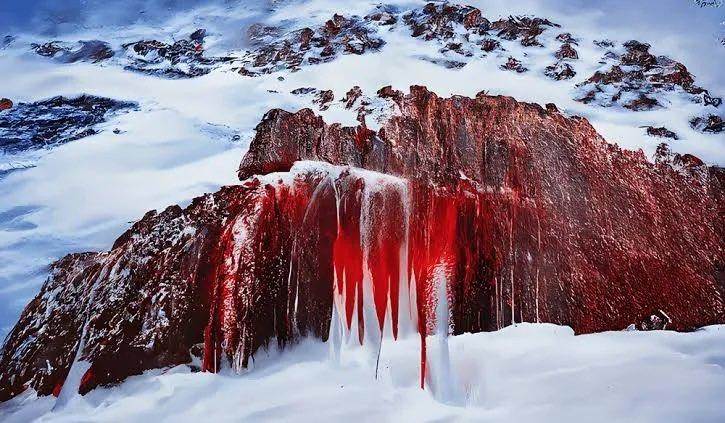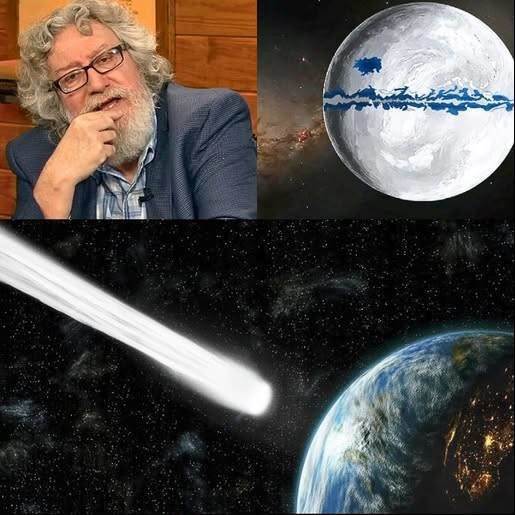
Around 12,800 years ago, the world entered a dramatic cold snap known as the Younger Dryas. Temperatures plummeted, ice sheets expanded again, and ecosystems collapsed almost overnight. Mainstream science attributes this to glacial meltwater disrupting ocean currents. But some researchers, including geologist Randall Carlson, argue that something far more violent was at play: cosmic impacts or massive atmospheric explosions that unleashed fire, floods, and darkness on a global scale.
Carlson poses a chilling question: if advanced human societies existed before the Younger Dryas, would we even know? Humanity in its modern form has been around for nearly 200,000 years, yet most of that time was spent in subsistence farming and small communities. Our leap into electricity, engines, and spaceflight took only two centuries.
If our world were wiped out tomorrow, how much evidence would survive 10,000 years of erosion, tectonic shifts, and rising seas? Possibly very little.

The article is not finished. Click on the next page to continue.
The article is not finished. Click on the next page to continue.
Next page